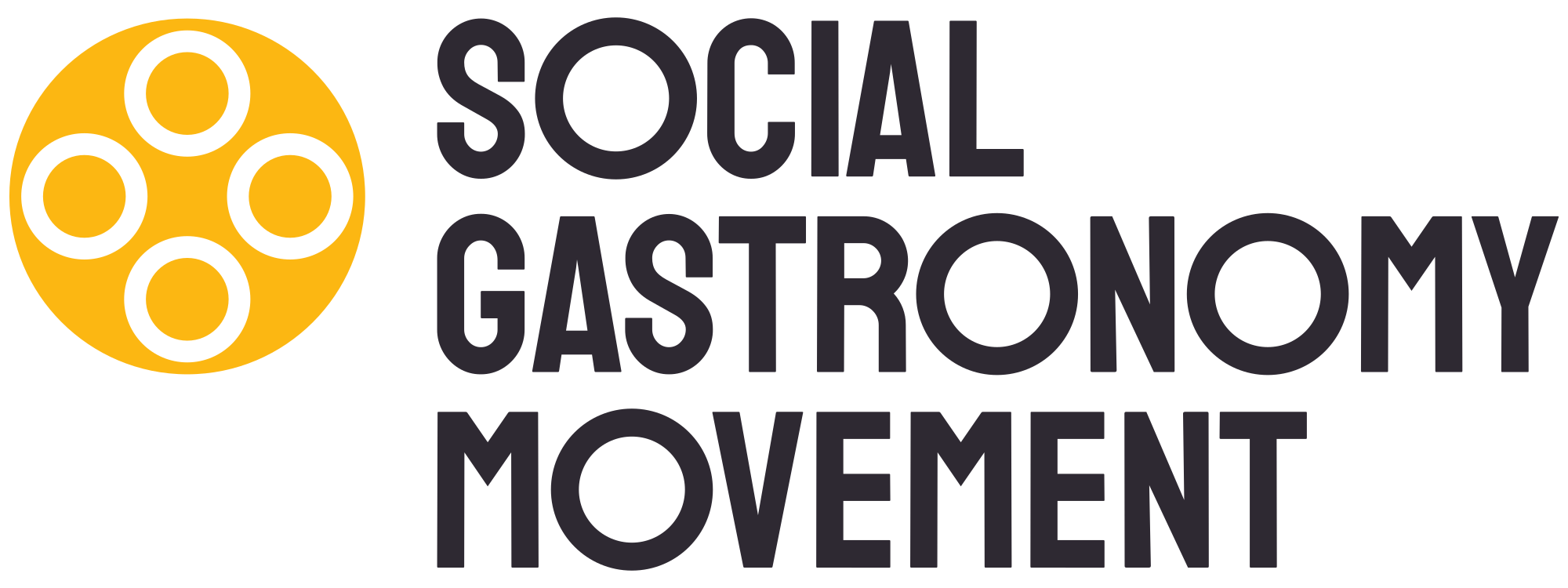Food Waste Awareness Webinar
In celebration of International Day of Awareness of Food Loss and Waste, our speakers Cherrie Atilano (AGREA), Chef Elijah Amoo Addo (Food For All Africa Programme), and Eva Yr Gunnarsdottir (Meet My Mama) shared with us in this webinar the local challenges and opportunities that this topic represents in different stages of the food cycle. Throughout the webinar, we discussed the shocking figures of Food Waste, global challenges and feasible solutions that they work for every day on the ground within their local communities.
“The increase of the food waste in the post harvest loss of the farmers is actually because they lost their market during the pandemic.”
Cherrie Atilano, AGREA.
Cherrie shared her concerns about the increase in food waste and malnutrition in the Philippines, and the irony of having 35% of post harvest food loss while 95 children die of hunger daily. “Everyday is a struggle” she stated, “Why is it that the producers in the food chain (the farmers, and the fisherman) are the poorest and the hungriest? It’s such a crime against humanity. And here we are, after the farmers put in so much effort and time in producing vegetables, one third of those vegetables goes to waste.”
Her efforts on reducing the impact of food waste have materialized not only in her company’s production and agriculture, but in its latest project: Agrea Rescue Kitchen, which is giving second chances to more than 56 Tons of ugly fruits and vegetables, feeding more than 4500 doctors and nurses during lockdown. Hear more about Cherrie and her work with farmers in the Philippines in Episode 3 of the Food Solidarity Podcast.
“When you waste food is not just the food you’ve, wasted you’ve contributed to green house emissions, you’ve wasted the energy, the resources that went into the production of that food”
Elijah Amoo Addo, Food For All Africa
Speaking of food loss and waste in the supply chain, what shocks Elijah the most about this situation is the rate at which a country like Ghana is importing food. There was a time when talking about food waste was strange for everyone, so he had to go the extra mile, be on the ground and find solutions.
He felt the calling to push for policies for food donation and to bring the importance of food banking to the government. This year Food For All Ghana proved to people in power, with their COVID response plan before lockdown, that food banking is essential . They have delivered food boxes, hot meals, and fostered collaboration to reach more people.
For Elijah, education is key for a better, greener future: “Education on food waste needs to start from our children who are the future leaders. [..] With climate change, with the challenges that the world faces today, it is our children who will suffer more, and so, In the battle against food waste and food loss we need to start from the schools.”
“Always check your cupboards before going to the grocery shop [...] Buy only what you need, when you over-buy something there is a big chance that it will go to waste.”
Eva Yr Gunnarsdottir, Meet My Mama
Eva shared with us very useful tips for reducing waste in our own kitchens. From meal prep to food preserves, her memories of Iceland when her mom made big batches of food to serve in tartelette cups, or her ingenious idea of turning her restaurant’s inventory in a successful seasonal salad bar, Eva inspired us to be mindful and responsible for ourselves and the environment: “Always check your cupboards before going to the grocery shop [...] Buy only what you need, when you over-buy something there is a big chance that it will go to waste.”
Watch the full conversation and help us spread the word about how we all can do our part to reduce waste and loss.




